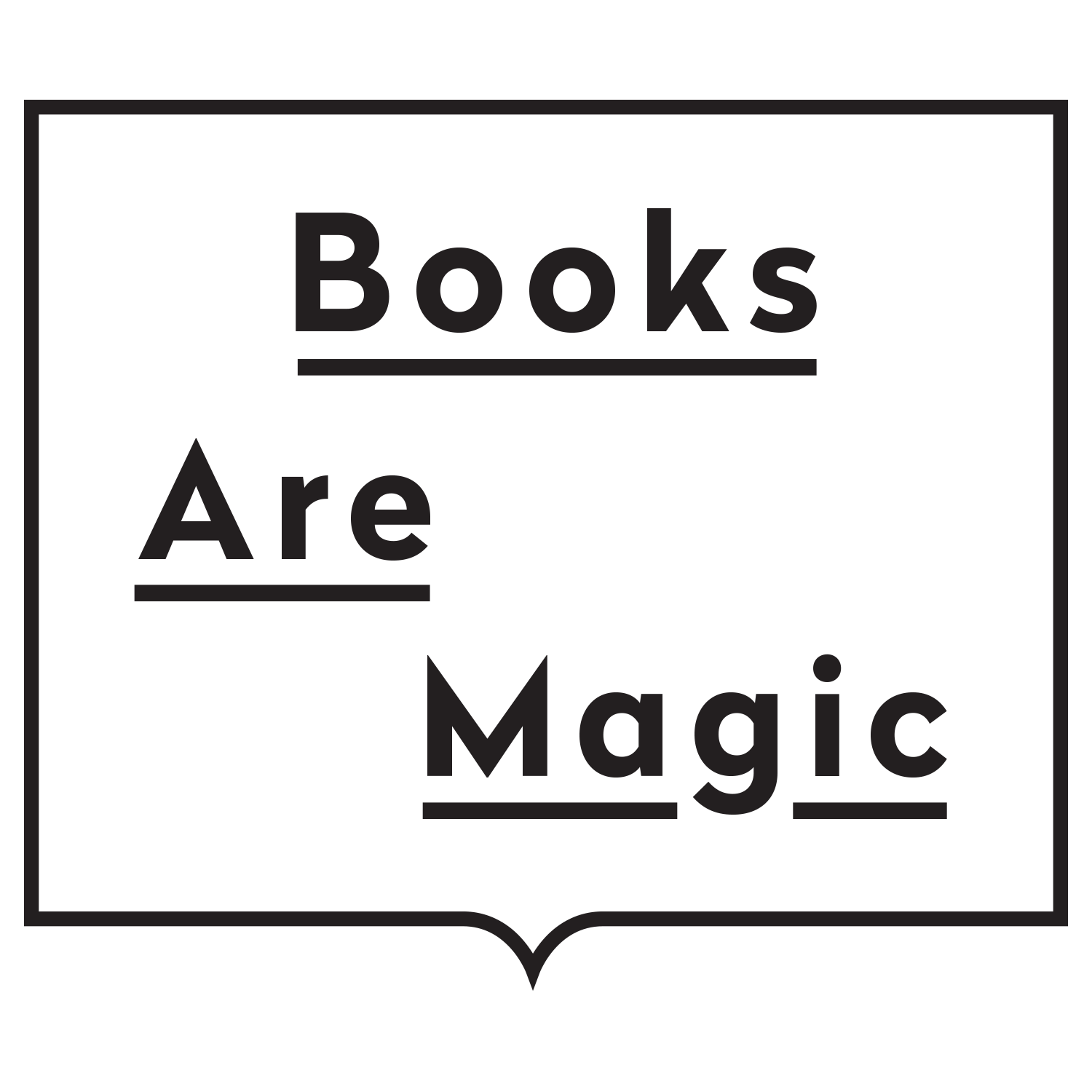Big History Books Beyond World War 2
Written by Zoe Leaf
We all know a WWII guy – he might be your dad, your boyfriend, your brother-in-law. He might not, in fact, be a guy. We love him, and he exasperates us. How can one person know so much about the Battle of the Bulge and so little about any song that has come out in the last five years?
So, this holiday season, I invite you to challenge your WWII guy. Expand his horizons without alienating him; find books that will appeal to and compel him. I present to you a list of history books that will draw in your old WWII pal, and teach him something new about another time, another place, and how different histories fit into (or defy!) his narrative of the world today.
We Don’t Know Ourselves: A Personal History of Modern Ireland by Fintan O’Toole
This was my favorite new book of 2022 – lo and behold, I must have good taste, because it was recently named one of the New York Times top ten books of the year. Whether or not you have a particular interest in Irish history, I absolutely recommend this book. In funny, personal, often poetic prose, O’Toole investigates the modernization (and failures to modernize) of Ireland since his birth in 1958. He also searches for meaning in the self-mythologization of Ireland, and uncovers how a culture of mysticism and uncertainty has changed the course of the country’s history. Your WWII guy will be drawn in by seemingly familiar territory, and will soon see that he has entered a land and history entirely, mysteriously unique.
Magnificent Rebels: The First Romantics and the Invention of the Self by Andrea Wulf
Magnificent Rebels biographies a group of German Romantics living along the river Saale in the late 18th and early 19th century, who expanded Kant’s Ich philosophy which challenges the individual to “dare to know.” Personal anecdotes are interwoven throughout, to depict how this history connects to our lives today. Wulf illustrates beautifully how much our view of history is wrapped up in the present, and how much we are stuck in the past. The WWII guy will learn that our current obsession (for lack of a better word) with subjectivity and individual perception is rooted in the past, and specifically in the work of this idealistic colony of writers and artists.
The Anarchy: The Relentless Rise of the East India Company by William Dalrymple
The Anarchy details the rise of the British East India Company, and frames it as a precursor to the modern “too big to fail” corporation, parasitically intertwined with the state. Dalrymple has a real storyteller’s gift; his writing is compelling and explosive as he marches through episodes of the BEIC’s history beginning in the early 1600s, along the way upending British patriotic myths and celebrating Indian art, texts, and history. Dalrymple centers Persian, Urdu, and Mughal texts that have rarely been cited before to tell the history of the BEIC through a wider lens. The WWII guy may be excited to read about British history and intrigued by what he finds when reading from the other side of that history.
Africa Is Not a Country: Notes on a Bright Continent by Dipo Faloyin
“Obviously I know Africa is not a country,” your WWII friend might tell you. Well, what a relief! But does he understand the complexities behind Western stereotypes of Africa? Does he understand the extent and pervasiveness of their effects? In this book, Faloyin illustrates the harmfulness of Western interference in Africa in modern history, ranging from the Berlin Conference of 1884-5, where European powers partitioned the continent of Africa according to their own power plays and without regard for existing ethnic/language boundaries, to instances such as British chef Jamie Oliver’s bastardization of the West African dish jollof rice, or discussions among actors about what accent to use in Black Panther. There’s something in it for every reader. As a bonus, Dipo Faloyin has come into the store and is absolutely charming, and we’d love for you and your WWII guy to support him.
Indigenous Continent: The Epic Contest for North America by Pekka Hamalainen
Indigenous Continent rewrites our accepted narrative of American history by centering indigenous people; critically, they are cast not as victims, but as active players who helped shape the course of history. Hamalainen, in extreme detail, describes battles and treaties using Indigenous and European maps of America as source materials, which literally illustrate the contentiousness of land possession throughout a 400-year period. This book contains war history as it has never been told before, which will entice and excite the WWII guy.
Thanks to my good friend Noah, who amazes me with his interest in and knowledge about histories worldwide, for his invaluable advice on this blog post.












